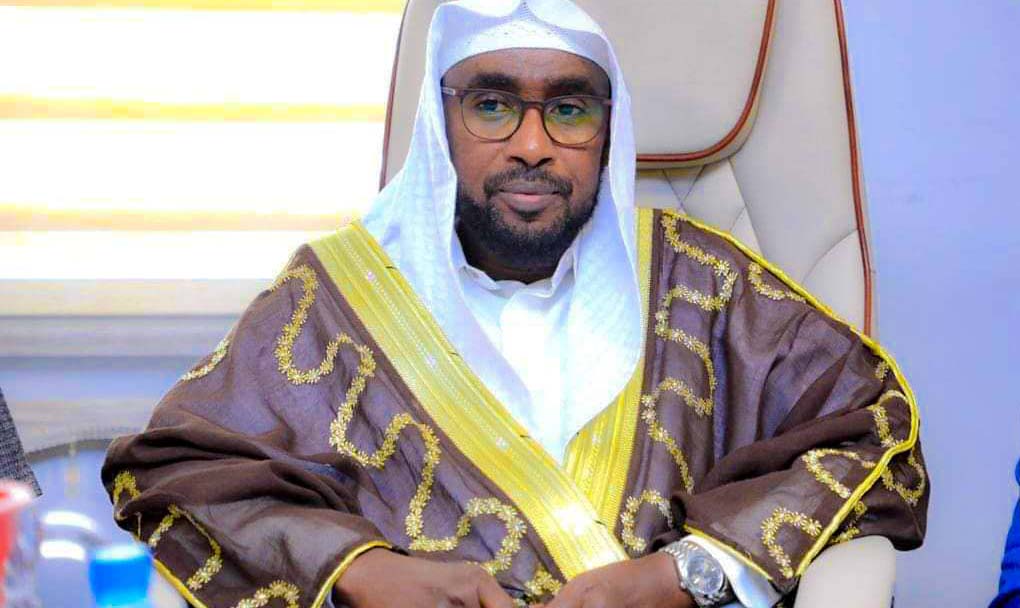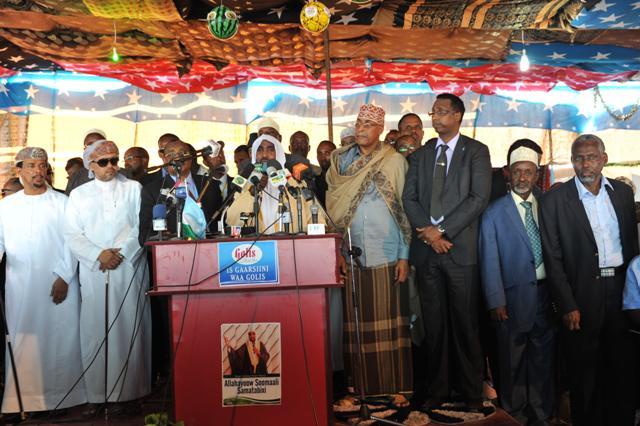
King Burhan Boqor Muse: Profile of the 34th Darood Kingdom Monarch
Background
King Burhan Boqor Muse was born in 1966 in Qardho, a significant city in the Somali region. He completed his primary education in his hometown and graduated from high school in 1986. Following his graduation, he transitioned into the business sector, establishing himself in international trade with a focus on exporting and importing. This early professional experience provided him with valuable insights into commerce and international relations before his ascension to the throne.

As the 34th monarch of the Darood Kingdom, he represents one of the most prominent and historically influential clans in the Horn of Africa. His ascension to the throne in May 2014 was a momentous occasion, marked by a grand inauguration ceremony attended by over a thousand guests from diverse backgrounds.
Historical Context
The Darood Kingdom has a rich historical legacy, particularly during the 18th, 19th and 20th centuries when it politically dominated much of the territory now inhabited by Somali people. Notable ancestors like King Mahmoud Hawadane and King Osman played pivotal roles in shaping the clan’s political and territorial influence. While the kingdom’s political power has diminished over time, its cultural significance remains profound.
Leadership and Diplomatic Achievements
King Burhan is distinguished by his commitment to peace, unity, and conflict resolution. In 2016, he successfully organized a landmark conference in Qardho that brought together representatives from various Somali cultural groups, demonstrating his dedication to inter-clan dialogue and cooperation.
International Diplomacy
In 2015, the King undertook a significant diplomatic journey, engaging with Somali diaspora communities worldwide. A particularly noteworthy interaction was his meeting with Zulu King Goodwill Zwelithini in South Africa during a period of heightened xenophobic tensions. Through diplomatic dialogue, King Burhan advocated for the safety and security of Somali business owners and residents, contributing to improved conditions and reduced violence.
Cultural Role
Although the Darood Kingdom no longer wields the extensive political power it once did, under King Burhan’s leadership, it continues to play a crucial cultural and diplomatic role. The monarchy serves as a vital institution for preserving Somali heritage, facilitating dialogue, and representing the interests of the Darood clan on national and international platforms.